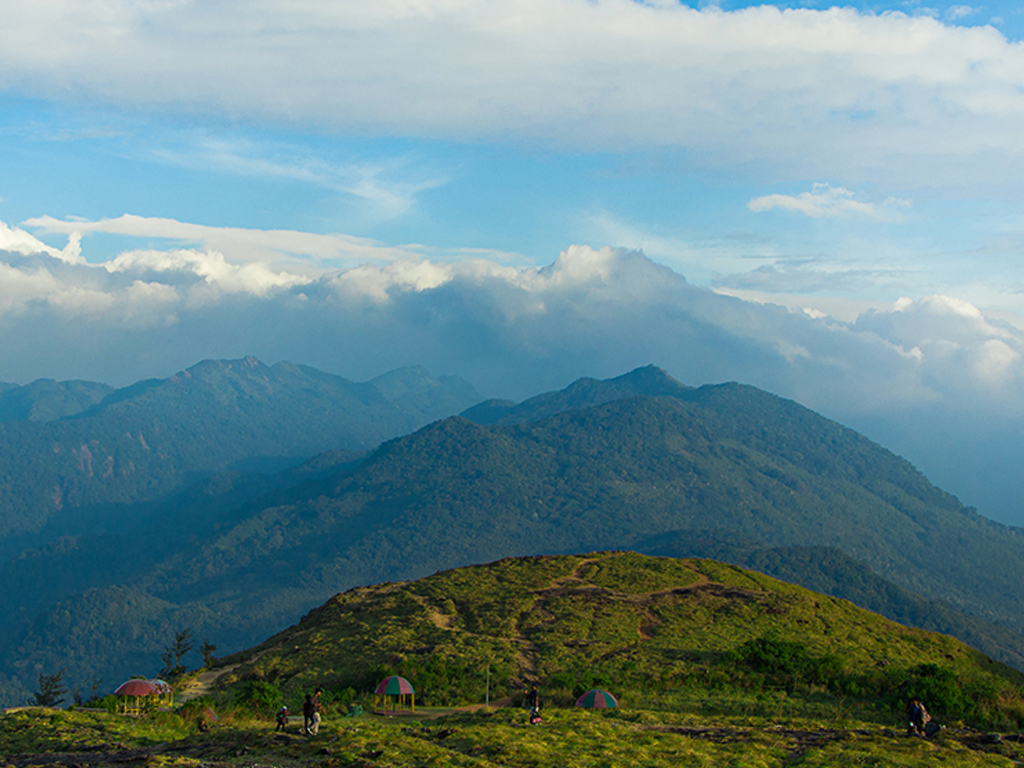Regulation of Hill Station Tourism: Madras High Court Cracks Down on Illegal Homestays in Nilgiris and Kodaikanal by Grien Law Chamber
By Grien Law Chamber | May 02, 2025
In a decisive move to preserve the ecological balance of Tamil Nadu’s pristine hill stations, the Madras High Court has initiated a strong legal intervention by forming a committee to investigate and crack down on illegal homestays and cottages operating without proper licenses in Nilgiris and Kodaikanal. At Grien Law Chamber, a good law firm in Chennai renowned for its expertise in property and environmental law, we analyze this order and its wide-ranging implications for property owners, tourists, local authorities, and the environment.
Background of the Case
The case originated from a public interest litigation (PIL) filed by environmental activists and residents concerned about the rapid rise in unregulated tourism in ecologically sensitive regions like Ooty (Nilgiris) and Kodaikanal. These locations have witnessed a boom in unauthorized constructions—homestays, resorts, and cottages that neither follow building norms nor possess valid licenses or environmental clearances.
Taking cognizance of these violations, the Madras High Court ordered the formation of a special committee consisting of district officials, legal experts, and environmental authorities to:
- Identify illegal constructions
- Seal unauthorized homestays
- Recommend zoning regulations
- Initiate penal action against violators
Legal Analysis by Grien Law Chamber
As one of Chennai’s best law firms, Grien Law Chamber commends the court’s pro-active stance. Here’s our detailed legal insight:
Violation of Land Use and Zoning Laws
Most of these homestays operate in residential or forest zones, violating local planning and zoning regulations. According to Tamil Nadu’s municipal and panchayat building rules, commercial usage of residential property without conversion is illegal.
Environmental and Forest Law Breach
Illegal homestays often flout norms laid under the Environment (Protection) Act, 1986, and Forest Conservation Act, 1980. Structures encroaching on eco-sensitive zones cause irreparable damage to biodiversity and water resources.
Consumer Protection and Safety Violations
From a legal standpoint, unlicensed accommodations raise serious public safety issues—no fire clearance, lack of sanitation, and no insurance coverage. This creates liability risks for both the property owners and local authorities.
Implications for Property Owners and Tour Operators
This ruling by the Madras High Court is a wake-up call for property owners and tourism entrepreneurs in hill regions. Here's what this means going forward:
- Strict Licensing Requirements: All homestays and cottages must now secure appropriate permissions from the Tourism Department, municipal bodies, and environmental authorities.
- Zoning Clearance Mandate: Property owners must check if their land is categorized for commercial use before initiating hospitality-related construction.
- Penalties and Sealing Orders: Structures found operating illegally may face immediate demolition, penalties, or closure notices from district administrations.
Role of Grien Law Chamber in Property and Environmental Compliance
As a best advocate in Chennai for land and environmental matters, Grien Law Chamber provides comprehensive legal services for:
- Property regularization and conversion
- Environmental and building law compliance
- Representation in High Court for property disputes
- Advisory for eco-tourism projects and licensing
We assist clients in navigating the complex regulatory framework governing hill station real estate, tourism development, and sustainable land use.
Broader Environmental Impact
The illegal expansion of hospitality ventures in sensitive ecosystems like Nilgiris and Kodaikanal has triggered:
- Deforestation and land erosion
- Water scarcity due to over-tourism
- Solid waste mismanagement affecting wildlife and local residents
The Madras High Court’s action addresses not only legal non-compliance but also champions the cause of sustainable tourism and environmental conservation—a priority in today’s climate-sensitive world.
Recommendations for Stakeholders
Grien Law Chamber offers the following legal and practical recommendations for those impacted:
Legal Due Diligence:
Conduct a complete title and land-use audit before starting any tourism-based business in hill areas.
Apply for Necessary Approvals:
Ensure you obtain all relevant licenses from DTCP, forest departments, and local panchayats.
Engage in Sustainable Development:
Consider eco-friendly architectural designs and solid waste solutions that comply with environmental laws.
Seek Legal Counsel:
If your property has been served a notice or if you’re planning a new tourism venture, consult with a good law firm in Chennai like Grien Law Chamber to ensure full legal compliance.
Conclusion: A Step Towards Responsible Tourism
The Madras High Court’s move to crack down on illegal homestays in Nilgiris and Kodaikanal underscores the growing need for responsible and legally compliant tourism infrastructure in ecologically sensitive areas. While tourism is essential for the economy, it cannot come at the cost of environmental degradation and legal violations. At Grien Law Chamber, Chennai’s best law firm for property and regulatory law, we stand ready to assist individuals, entrepreneurs, and local bodies in aligning with the latest legal requirements. With a team of the best advocates in Chennai, we offer legal clarity and protection in a rapidly evolving regulatory environment.
Disclaimer: This article is for informational purposes only and does not constitute legal advice. For expert legal consultation on similar matters, contact Grien Law Chamber, home to the best advocates in Chennai specializing in civil, criminal, corporate and financial law.

